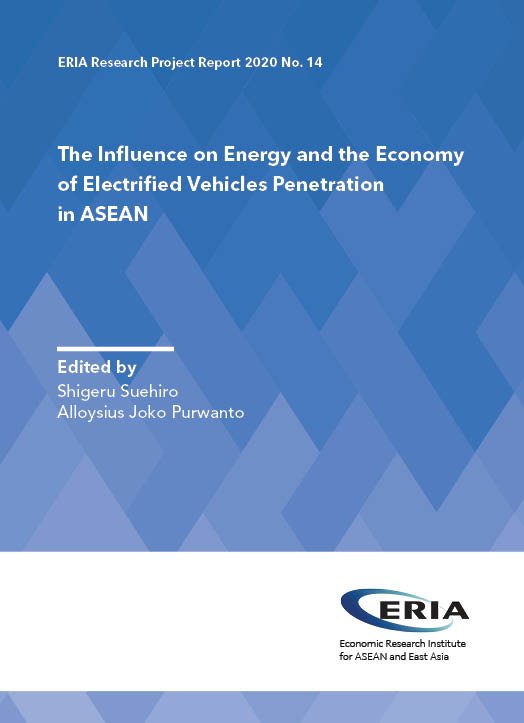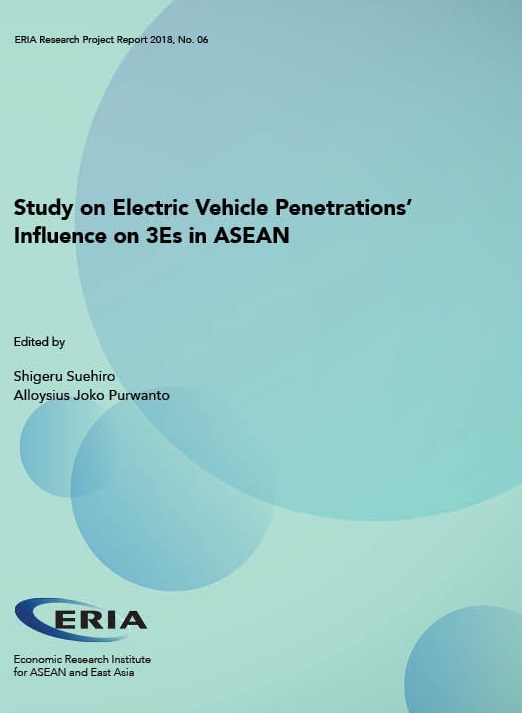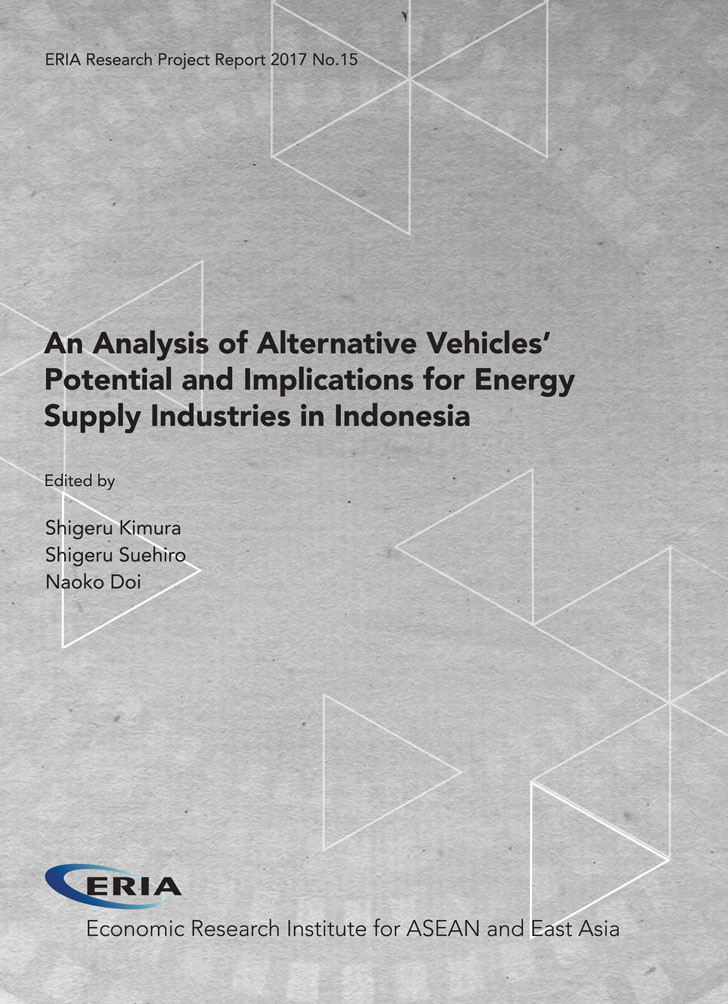The Influence on Energy and the Economy of Electrified Vehicle Penetration in ASEAN

Date:
4 November 2020Type:
Research Project ReportsTags:
Energy, RenewableEnergy, ASEAN, Vehicle, Electrified VehiclePrint Article:
The study analyses the effects of electric vehicle deployment in Indonesia, Malaysia, Thailand, and Viet Nam especially in terms of energy supply and demand, CO2 emissions, the macroeconomy, and employment. The study points out that introducing electric vehicles into ASEAN countries would fulfil various policy purposes, but their massive deployment might have negative economic side effects. The study presents four recommendations. First, it is important to decarbonise the power supply along with the penetration of electric vehicles. Second, it is important to estimate the cost-effectiveness of subsidies with respect to the amount of CO2 reduction. Third, it is important to pay attention to the ripple effects of electric vehicles. The production of battery electric vehicles with a small number of material parts may reduce employment in the automotive industry compared to producing internal combustion engines and hybrid electric vehicles. Promoting e-motorcycles may stimulate job creation if the savings on fuel expenditure can be diverted into other goods and services. Finally, it is important to consider appropriate country-specific pathways to vehicle electrification.
Full Report
The Influence on Energy and the Economy of Electrified Vehicle Penetration in ASEAN
Contents
Chapter 1. Background and Objective of the Study
Chapter 2. Economic and Energy Outlook up to 2040
Chapter 3. Impacts on the 3Es by xEV Penetration
Chapter 4. Impacts on Industry by xEV Penetration
Chapter 5. Policy Implications




